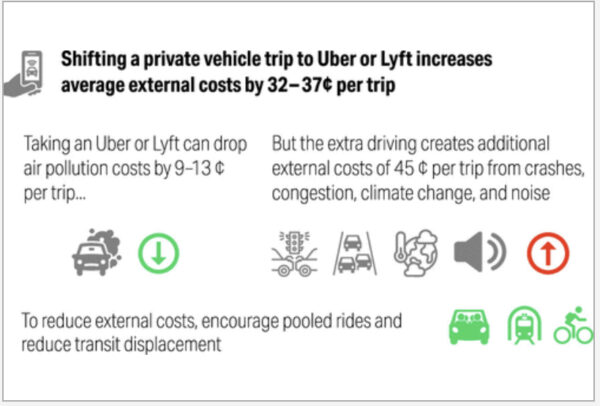Two quick random thoughts this morning related to cars…
The UK’s petrol stations are having supply problems, because there aren’t enough lorry drivers. (There’s a training and testing backlog as a result of Covid, and many drivers departed for better conditions elsewhere post-Brexit.) So, because some places are running out, people are panic-buying, and the pumps are emptying faster than they can be refilled.
Having driven electric vehicles for the last six years now, I’m able to take a more detached view of this, but I’m interested that, amidst the discussions of drafting in the army etc, I haven’t heard much talk of simply putting the prices up dramatically and temporarily. That, after all, is the usual way of regulating demand to match supply. I guess the problem is that fossil fuel is seen as an essential supply, so you are deemed to be disproportionately penalising the poor if you put the price up for everybody.
But, if many customers are just buying more than they need in the short term, I wonder if petrol pump manufacturers might now look at software updates to allow more flexible pricing should this happen again. For example, imagine that your first 20 litres were at the normal price, and anything over that cost twice as much. Would that work? Comments welcome below.
OK, second transport-related note for the day. I’m generally a fan (though an infrequent user) of services like Uber and Lyft, and we also have a decent local taxi service around here (who have had to get their act together in recent years as a result of the modern competition and so have things like a pretty-decent app too).
But I’ve never bought into the idea that car ownership will soon be a thing of the past and that we’ll all soon just summon vehicles at need, whether driven by humans or robots. Yes, we’ll see more of that happening eventually, but I suspect they’ll take the form of a large number of small cheap autonomous electric pods hanging around near the village green and in the supermarket car park, to be summoned quickly and at low cost. And that’s a few years away yet.
In the meantime, therefore, I was interested in this study from Carnegie Mellon which suggests that ridesourcing options like Lyft, Uber and your local taxi company may not be the best solution for society. The abstract:
On-demand ridesourcing services from transportation network companies (TNCs), such as Uber and Lyft, have reshaped urban travel and changed externality costs from vehicle emissions, congestion, crashes, and noise. To quantify these changes, we simulate replacing private vehicle travel with TNCs in six U.S. cities. On average, we find a 50–60% decline in air pollutant emission externalities from NOx, PM2.5, and VOCs due to avoided “”cold starts”” and relatively newer, lower-emitting TNC vehicles. However, increased vehicle travel from deadheading creates a ∼20% increase in fuel consumption and associated greenhouse gas emissions and a ∼60% increase in external costs from congestion, crashes, and noise. Overall, shifting private travel to TNCs increases external costs by 30–35% (adding 32–37 ¢ of external costs per trip, on average). This change in externalities increases threefold when TNCs displace transit or active transport, drops by 16–17% when TNC vehicles are zero-emission electric, and potentially results in reduced externalities when TNC rides are pooled.
The abstract even has an elevator-pitch graphic:

So the quick summary, which I guess is reasonably obvious: to benefit society, use a train, bus, or bike rather than a taxi-type service… or even your own car, especially if it doesn’t use that dinosaur juice that everyone else is queuing up to buy.
I had assumed that stations were wary of putting up the price due to what happened a few years ago. There was a shortage/panic on fuel, stations put up the price, consumers were supremely p’d off and afterwards it took a while for prices to reduce. I seem to remember there were also Retributions about a few of the more egregious price gougers who ended up being boycotted and went bust.
Your idea of tiered pricing could be a good one tho’!
Although I don’t currently have a car myself, I do live opposite a petrol station and the amount of traffic carnage and honking it’s created over the last few days has been incredible! I have heard that a few stations now have a £30 limit per visit per customer.